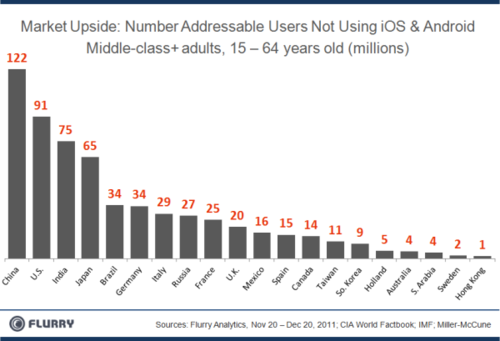I've long noticed that the most innovative, decisive, and risk taking companies are led by founders or at a minimum have their founders actively engaged in all key strategic decisions. There are many examples. One could point to Richard Branson, Steve Jobs, and Rupert Murdoch. It's also noteworthy to look at the difference between Microsoft when Bill Gates was highly engaged and since he's largely moved on.
I was thinking of that today as I was reading Jessica Vascellaro's account of Google's decision making on the China situation. According to Jessica, Eric Schmidt prefers to see Google stay in China. And Sergey Brin prefers to see Google leave.
Google's statement on China is pretty extraordinary. That they are even considering leaving the largest growth market in the world is a stunning revelation. And it is unlikely that hired and professional management would make such a decision. Management's primary job is to build value for shareholders and it would seem that leaving the largest growth market in the world is not in the shareholder's interest.
However, when the largest shareholders happen to be the founders, such decisions take on a different light. And it may well be that leaving China is the best thing for Google, its employees, its customers and users, and its shareholders. Only time will tell what Google will do and what impact it will have on the company.
I am very impressed with Google and have been for a long time. I think that many of the reasons it is such an amazing company result from having its founders engaged and involved in the key strategic decisions the business faces. The founder factor is a huge intangible force in companies and is most often for the best.
![Reblog this post [with Zemanta]](http://img.zemanta.com/reblog_e.png?x-id=aaabb823-b4c2-42c0-b569-759624207500)



![Reblog this post [with Zemanta]](http://img.zemanta.com/reblog_e.png?x-id=aaabb823-b4c2-42c0-b569-759624207500)